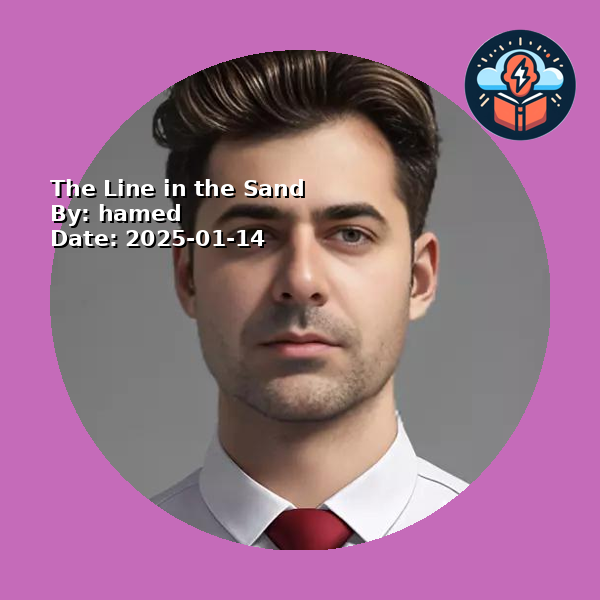Leila sat at her father’s kitchen table, the faint smell of tobacco clinging to the curtains. The radio hummed with angry voices, a populist politician railing against “elitist climate agendas.” Her father muttered in agreement as he stirred his tea.
“You know they want to take our jobs,” he said without looking at her. “Shut down the factories, ruin what little we’ve got left.”
Leila’s chest tightened. “That’s not true, Baba. The factories could transition to clean energy—there’s funding for that.”
Her father scoffed. “You’ve been reading too many of those articles again. Climate action is just a way for the rich to keep us poor.”
It wasn’t the first time they’d had this argument, but tonight felt heavier. Leila had been invited to speak at a town hall meeting tomorrow, to represent a grassroots climate initiative. She was proud of the work they were doing—installing solar panels, organizing tree-planting drives—but she knew it would put her at odds with people like her father.
“You think they care about us, Leila?” He set down his spoon, his voice rising. “They’ll give you all those fancy words, but in the end, it’s people like me who lose out. They don’t understand what it’s like to struggle just to get by.”
“I understand,” she said softly, her hands gripping the edge of the table. “That’s why I’m doing this. So we don’t have to choose between surviving today and ruining tomorrow.”
Her father shook his head. “You’re chasing a dream that doesn’t exist. You’ll see. They’ll use you and toss you aside, just like they’ve always done.”
Leila stood, her chair scraping against the floor. She wanted to tell him he was wrong, that they could build a better world without leaving people behind. But she saw the fear in his eyes, the deep lines carved by years of hard work and disappointment.
“You taught me to stand up for what I believe in,” she said finally. “Even if it’s hard.”
Her father didn’t reply, his gaze fixed on his tea.
The next evening, as Leila stood at the podium, she scanned the crowd. She saw hope in some faces, skepticism in others. And near the back, arms crossed, was her father.
He didn’t clap when she finished. He didn’t meet her eyes as he left. But he came.
And for now, that was enough.
